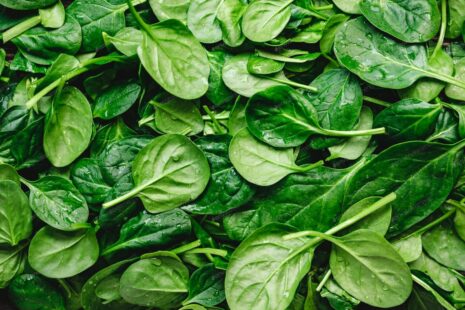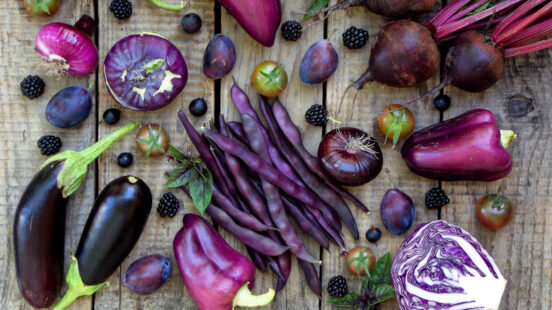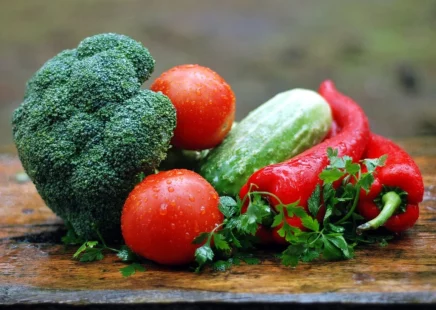
While growers appreciate rain, it may often be excessive. Additionally, rain is viewed as a godsend in a place like Australia, where summer temperatures can reach dangerously high levels. “The weather has been fairly nice over the last six months,” says Vincent Eysseric of Coolibah Herbs, “but we did have an abnormally rainy spring.” It is undeniable that it was wet all the way down the east coast from Queensland to Victoria from September to the end of last year. The Australian citizens also experienced a large storm with hail, but it has been back to normal since around mid-December, with pleasant temperatures ranging from 24 to 33 degrees. Moreover, there were no excesses as witnessed in the past.
People have been eating properly during the pandemic, thus interest in fresh-cut produce has been strong in recent years. “Spinach has been the great winner here, with its popularity skyrocketing in the previous 2-3 years. Organic spinach currently accounts for about half of our spinach sales in Australia, so if you cultivate organic spinach, you’re on to a winner”. Australia has experienced a more tranquil era than it has had since the outbreak began, but everything changed again in January when the country opened its state and international borders and declared that lockdowns were no longer necessary.
Retail has remained strong throughout, but they are now having supply chain issues and staff shortages and according to Vincent they can’t get his produce on the shelves. “We are also short on labour due to diseases and people isolating; we are still suffering the effects of the loss of 300,000 backpackers who made up Australia’s workforce. Our borders are now open, but getting into the nation is so difficult, with laws changing constantly and the constant possibility of another shutdown, that it is simply too dangerous for backpackers to travel. Only 20% of the flights are landing compared to before the pandemic.
Export remains challenging due to a lack of commercial planes and freight that is three times more expensive than before.
Article by: Hari Yellina (Orchard Tech)

It seems that Australia is heading towards a colourful palette. In recent times, coloured vegetables are taking over the fresh markets. For instance, Australians have been enjoying the aesthetic eggplants, beetroots and cabbages. Now adding to this selection, producers have also introduced purple cauliflower, carrots and broccoli. These purple ‘greens’ are now available in supermarkets […]
Read More →
Thomas Foods International is investing in a major processing unit to beat the time on potato shelf life. As part of extensive upgrades to its Penfield Gardens-based manufacturing plant, the firm, which is one of Australia’s leading food processors, has built a world-first Spectrim potato grading line. A 12-lane Compac sorter with Spectrim grading technology, […]
Read More →
Who will be responsible for the rising costs? That is the question on everyone’s mind in the greenhouse vegetable industry. No one had an answer at the start of the current season, but growers appear to be stuck with it for the time being. It is undeniable that this condition will not persist long. Will […]
Read More →